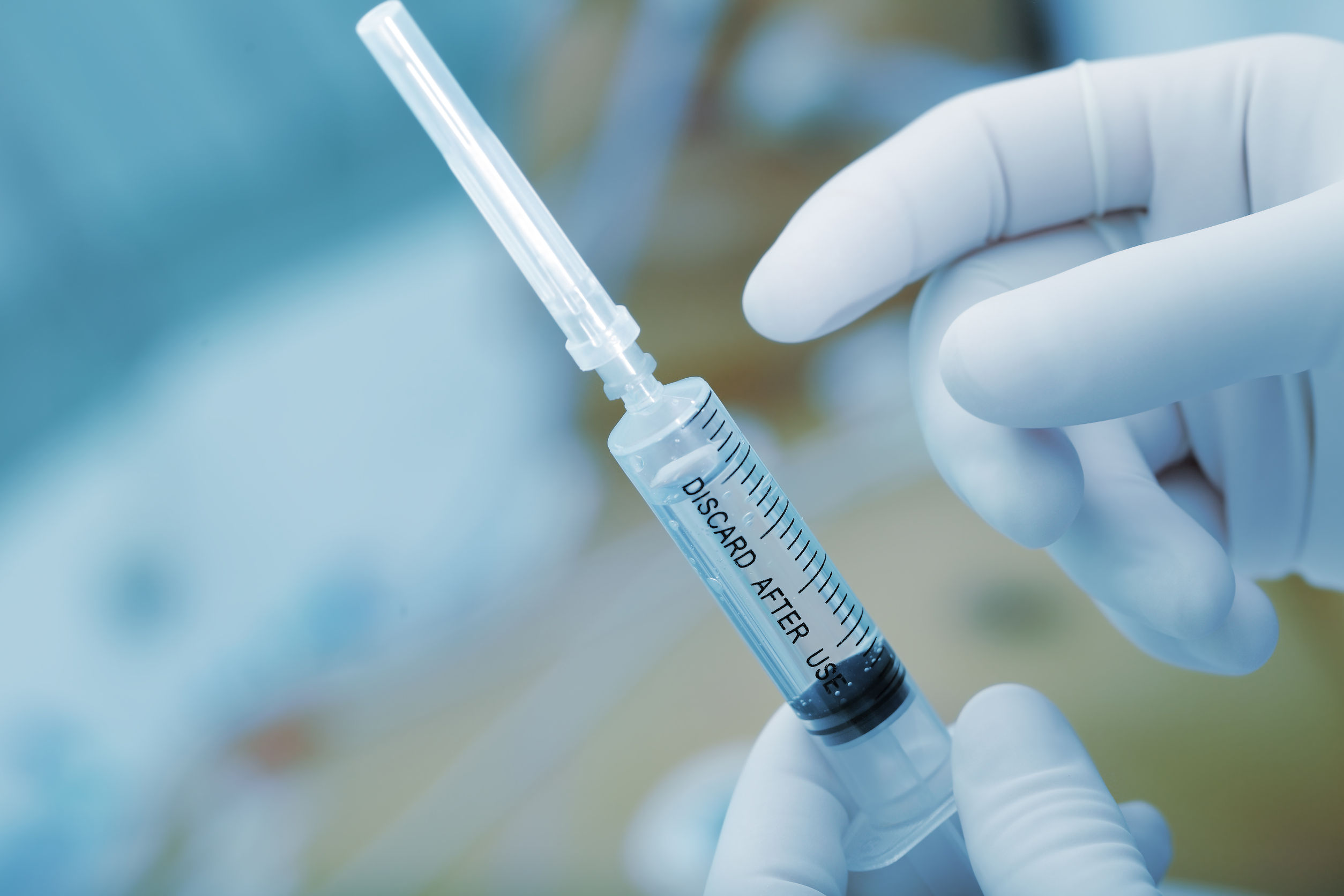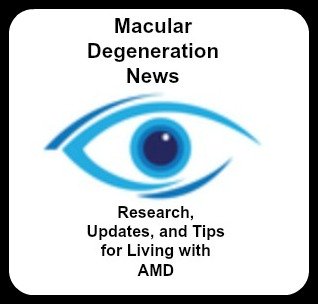New Treatment for Macular Degeneration Using Gene Therapy
Gene therapy is a new treatment for macular degeneration that is being researched by Oxford BioMedica at several study sites.

Oxford BioMedica, founded in 1995 by Professors Alan and Sue Kingsman from the University of Oxford's Department of Biochemistry, focuses it's research on gene based therapy for diseases that currently have no known or inadequate treatment such as macular degeneration.
RetinoStat
Gene Therapy for Wet AMD
Macular degeneration research is now exploring the use of genetic therapy as a possible wet macular degeneration treatment. A form of gene therapy, RetinoStat, targets the production of vascular endothelial grown factor (VEGF). VEGF is the protein that stimulates the growth of the fragile capillaries under the macula that leads to vision distortion and loss of central vision.
RetinoStat delivers two anti-angiogenic genes, endo statin and angiostatin.
The company has developed a method of delivering the gene through what is called a lentivirus. The OxfordBioMedica website explains: "The
technology can stably deliver genes into cells with up to 100%
efficiency and can integrate genes into non-dividing cells including
neurons in the brain and retinal cells in the eye."
As with any Phase I clinical trial a small number of
participants have been recruited and this study is no different. The
study enrolled 21 participants.
Dose Escalation
Three different groups of participants received a different dose level with the third group receiving the highest dose.
According to the clinicaltrials.gov website:
"There are two parts to the study. A dose-escalation phase looking at three doses of RetinoStat starting with the lowest dose, three patients will be recruited at each dose level. The escalation phase will be followed by a dose confirmation phase where the highest dose that is safe and well tolerated will be examined in 9 patients."
Study Criteria
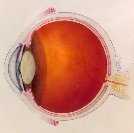
Participants were 50 years old or older with a diagnoses of wet macular degeneration that showed leaking blood vessels.
The participant cannot have received any steroid treatment within 3 months the screening for this study or have any anti-VEGF injection such as Lucentis or Avastin within one month of being screened.
Treatment Study Locations
The University of Iowa
Iowa City, Iowa, United States
Contact: Elliot Sohn, MD Principal Investigator: Elliott Sohn, MD
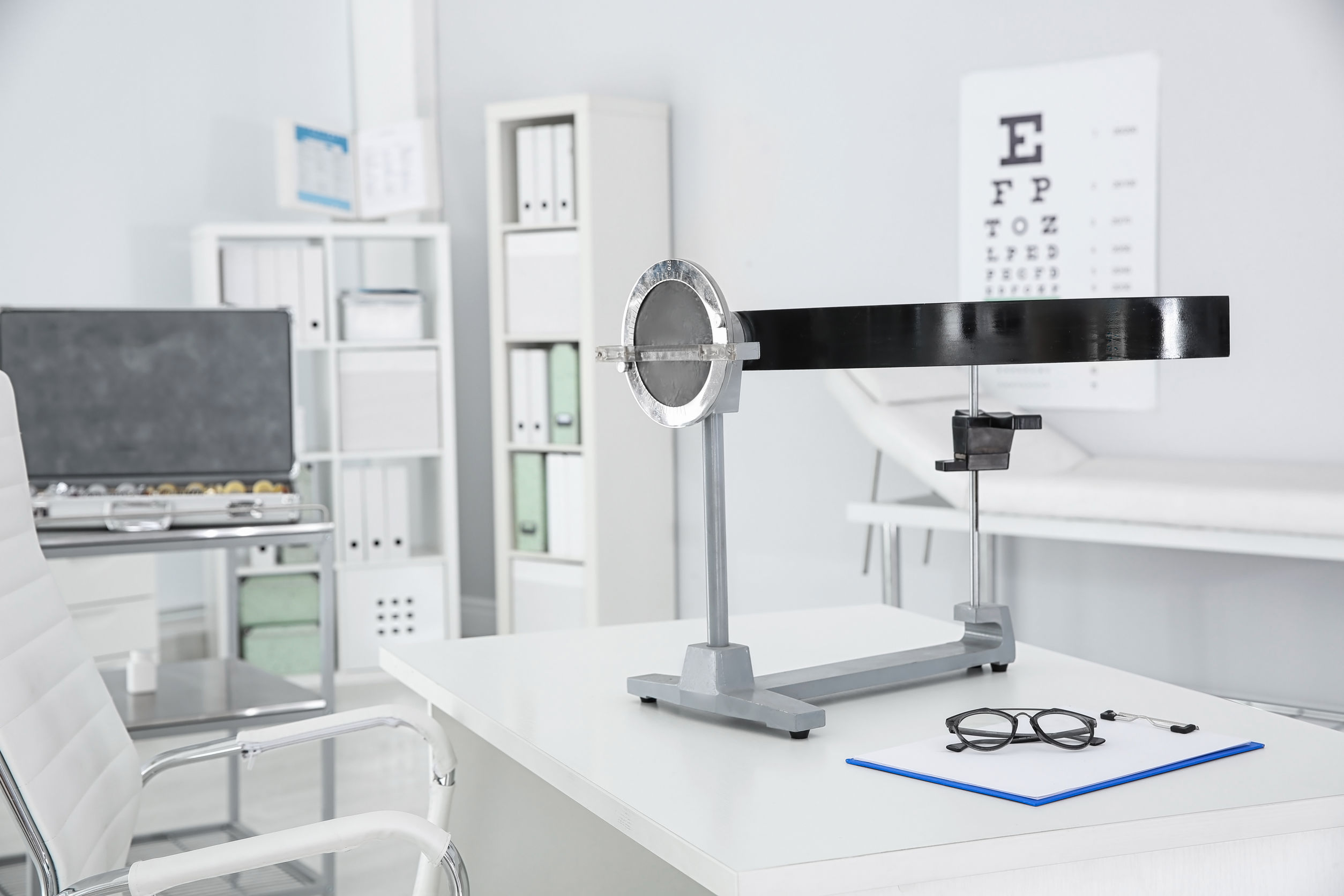
Johns Hopkins University Hospital
Baltimore, Maryland, United States
Principal Investigator: Peter Campochiaro, MD
Portland, Oregon, United States
Contact: Andreas K Lauer, MD Principal Investigator: Andreas K Lauer, MD The study is led by Professor Peter Campochiaro at the Wilmer Eye Institute at Johns Hopkins, Baltimore (USA) and Oxford BioMedica.
New Treatment for Macular Degeneration Starts with Phase 1 Study
Any new macular degeneration treatment starts with a Phase I clinical trial - and that is what this study is.
In Phase I clinical trials, researchers test a new drug or treatment in a small group of people (10-80) for the first time to evaluate:
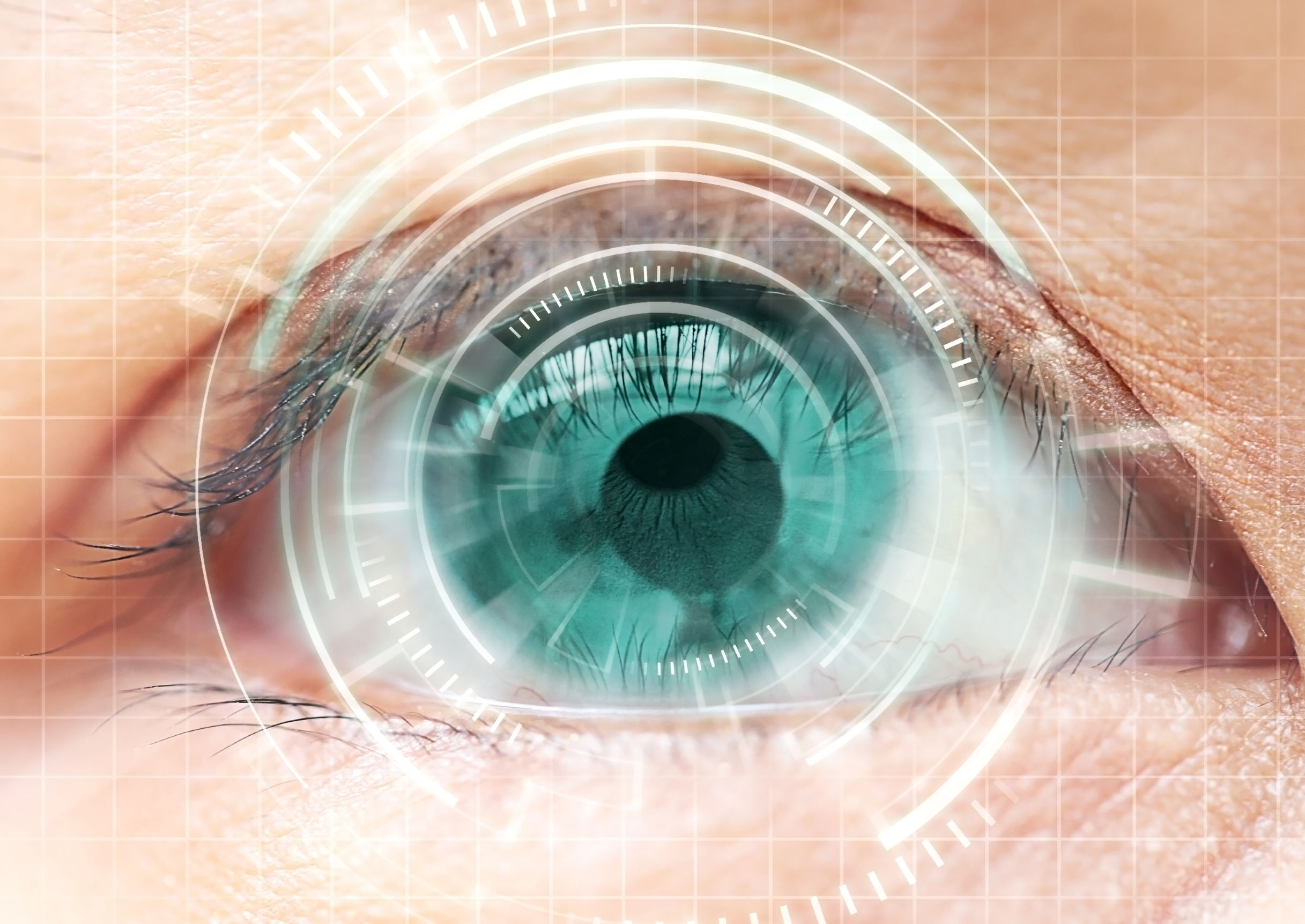
√ Its safety
√ Determine a safe dosage range
√ Identify any side effects.
Because this is a Phase I study the primary outcome or purpose of this phase is to "examine the safety of an experimental gene transfer agent, RetinoStat, designed to treat neovascular age-related macular degeneration."
A Single Dose
RetinoStat will be given through a single subretinal injection which if proven to be effective will provide susbstantial benefit to patients who currently receive regular, monthly injections into the eye.
John Dawson, Chief Executive Officer of Oxford BioMedica, reports:
“We are delighted to announce the completion of recruitment into the Phase I RetinoStat® study. This trial was the first to directly administer a lentiviral vector-based treatment in the eye and could pave the way to bringing life-changing eye treatments to patients."
Follow Up Study for Phase 1 Participants
A Follow-up Study to Evaluate the Safety of RetinoStat® in Patients With Age-Related Macular Degeneration continues.
The 18 participants of the Phase 1 trial will be monitored and tested for long term safety of the gene transfer agent, RetinoStat®, designed to treat neovascular or wet age-related macular degeneration.
Return to Macular Degeneration Clinical Trials
Go from New Treatment for Macular Degeneration to WebRN Macular Degeneration Home
√ Prevention of Macular Degeneration?
√ Tips for Daily Living?
√ Food Suggestions for a Macular Degeneration Diet?
√ Ideas on Visual Aids to Maximize your Sight?
If you said "yes" to any of the above, sign up for the monthly Macular Degeneration News.


